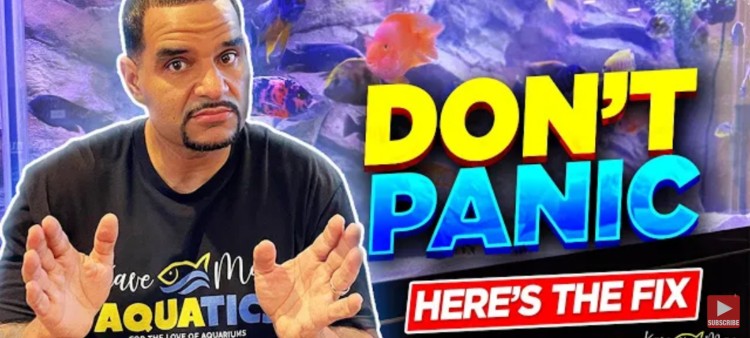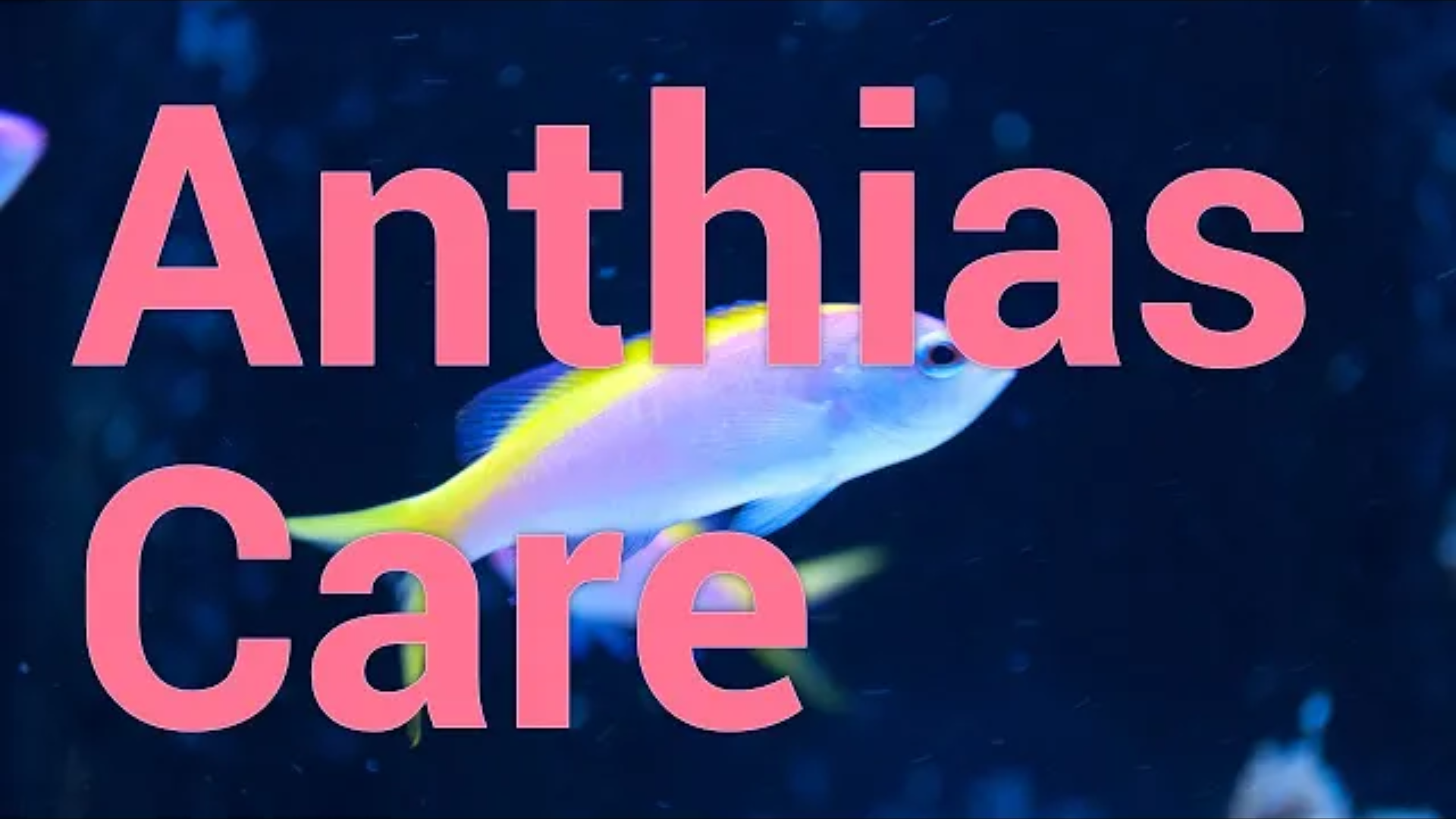How Many Fish Can You Have in a Saltwater Tank?
- Apr 11, 2022
- Anshika Mishra
- 274 0 0

How many fishes can you have in a saltwater tank? A lot.
But, do you mean how many fishes total in one tank, or do you mean how many different types of saltwater fish can live in the same tank together?
Or perhaps, how many different saltwater fish species are there to choose from that can be kept in a home aquarium successfully? Or, most importantly, how do I pick a great community or attractive and fund saltwater fish for my tank?
Let's get those answers:
Types of Fish in the Saltwater Aqaurium
First, hundreds of saltwater fish species do well in a home aquarium, from small nano fish like Gobby, Blenny, Damsels, Cardinals, and Small Wrasses to Tangs, Angels Dottybacks, and the list goes on.
And there are many more types of fish than that and many species within each class, making for an incredibly long list of fantastic options.
So, you will most certainly find a bunch of fish that tickle your fancy.
Many of those fish will be able to live in a community of different species, while some others might be somewhat or very aggressive towards your tank mates. But again, there are so many different fishes to choose from. And you can have a tank with a very diverse community of saltwater fish, even when you avoid those less friendly tank mates.
How Many Fishes Can You Keep in Your Tank?
Now, when it comes to how many saltwater fishes you can keep in your tank, it depends on a few factors:
First and most importantly, the size of your aquarium will play the biggest role in the number of saltwater fish you can comfortably keep in them and not just the total number of fish you can have at once but also the number of different species appropriate for.
For example, while you can fit quite a few nano fishes in a 40-gallon cube tank, you wouldn't be able to keep one adult blue tank because the tank doesn't give that larger and very active swimmer enough space,
It is also best to look at the volume of the aquarium and the dimensions.
A 40-gallon cube or a 40-gallon tall aquarium offers less usable space than a 40-gallon breeder with shorter but longer side-to-side and wider front to back.
In other words, a larger tank that is longer and wider has a larger pool of fish to choose from, and at the same time, the larger the tank is, the most fish you can comfortably fit.
How many fish can you fit in that 40-gallon breeder? It ranges quite a bit depending upon the adult size of the fish and the type of habitat that they prefer.
Some fish are very small, and they don't add much waste to the system, while larger fishes tend to eat more and make more waste.
Some fish prefer to hang out in open water in the middle of the tank, while others prefer to live closely amongst rocks. Some like to perch on the corals, while others stay on the sand bed.
If you fish in each of these separate habitats in your tank, you will be able to keep more fish since they won't be competing for space. And because your tank is only so big, if you prefer to keep larger species, you will keep fewer fish in total than if you keep some larger and some smaller species, and even more if you only keep smaller species.
Some fish can also be quite aggressive towards other inhabitants and sometimes only to very specific neighbors. Clownfish are a great example. If kept alone or in pairs, they are a good community fish but often become very aggressive with other Clownfish.
So, one species of Clownfish per tank is usually the best bet, but at the same time, Clownfish are rarely aggressive towards other species and do very well in a community tank.
That pair of Clownfish will also share the same small territory in the tank, so whether you have one Clownfish or a pair, the number of other fishes you can keep in that tank stays roughly the same. On the other hand, some fish like the Six Line Wrasse will add very little waste to the tank but need a huge amount of territory to themselves if you want to keep other fish that like the same type of habitats.
Otherwise, they become huge bullies and can even kill their tankmates.






About author